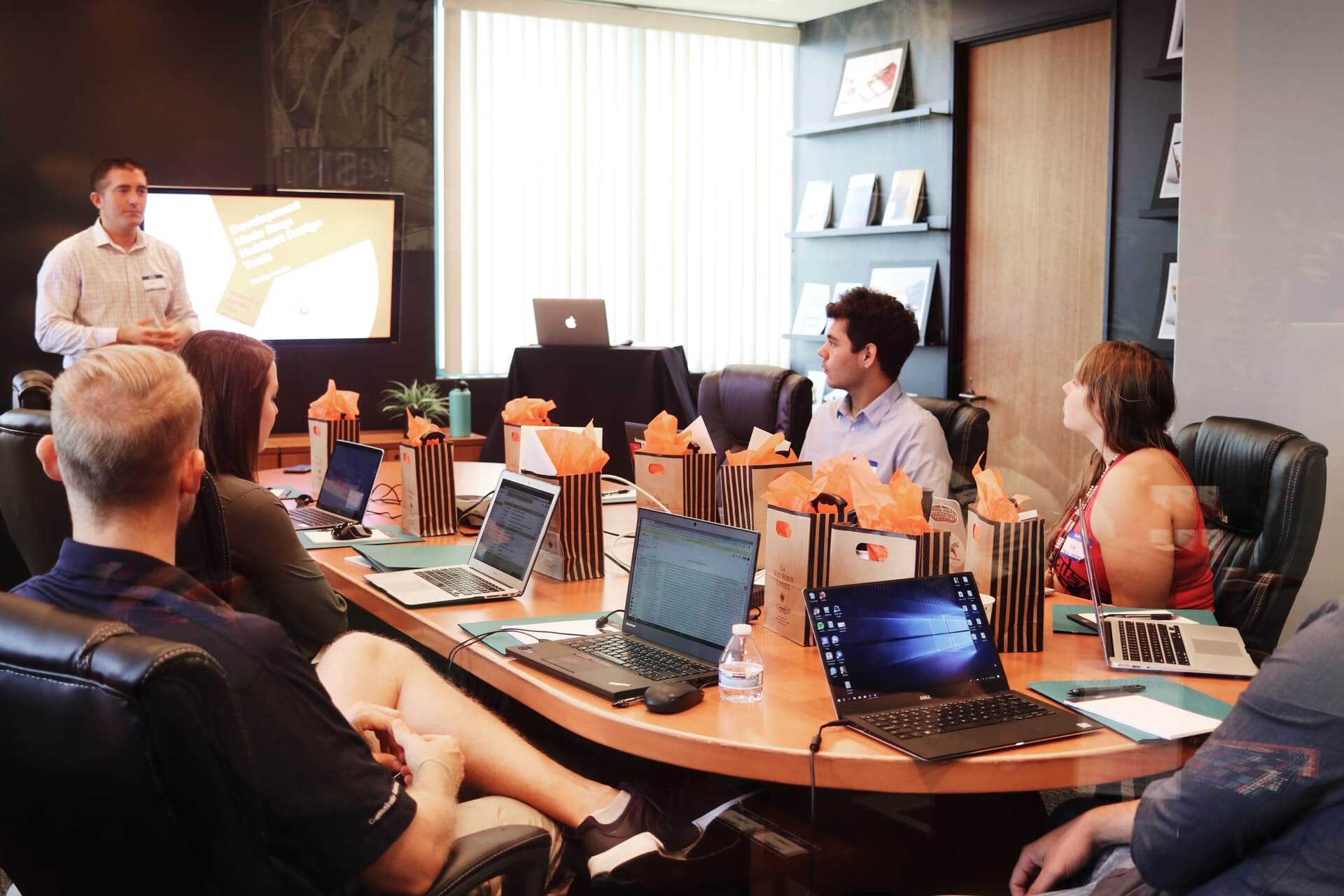A key problem for many new nonprofits is that most of their founders, that “small number of caring people who want to help,” have the impression that fundraising has to do with “fundraisers” — special events or sales: dinners, circuses, golf tournaments, T-shirts, cookies or candy.
That couldn’t be farther from reality. While those activities seem to produce “quick” money, they don’t help you create a constituency that cares about your success and your long-term survival. Fundraisers and sales attract people looking to be entertained or who really like those thin-mint cookies.
Corporations and foundations are perceived as major sources of funding, so most people new to the non-profit community look to them for support. But, only 12% of funding for NPOs comes from those two sources, combined.
The truth is that corporations will usually provide substantial gifts only if they can benefit/profit by a relationship with your organization; and, most foundations will only support you for a limited time — they don’t want to adopt you, just help you get something started that can-and-will become self sustaining. And, self-sustaining means having ongoing, reliable sources of long-term funding.
Over 80% of funds raised by non-profit organizations come from individual donors or their estates – gifts solicited by various methods, often on a face-to-face basis by volunteers … including founders and other board members.
The traditional methods of ongoing fundraising include direct mail and/or telephone, often supported by email. The majority of funds (roughly 60-65% of all dollars) contributed to nonprofit organizations are in the form of major gifts from individuals.
Successful long-term fundraising, therefore, means creating a plan to identify, educate, cultivate and involve prospective (major) donors with your organization. It also means that, somewhere along the way, you’re going to have to ask them for the gift. “If you don’t ask, you don’t get.”
Non-profit organizations are important, often essential elements of a community, and they provide valuable, and often vital services to people in great need. Creating and operating an NPO must, therefore, be a serious undertaking – with strategic and development plans to ensure long-term survival. When needed, seek expertise and specialized knowledge — accountants, attorneys, consultants….
=-=-=-=-=-=-=-=-=-=-=-=-=-=
Have a comment or a question about starting, evaluating or expanding your fundraising program, your major gifts fundraising program or a capital campaign? Email me at [email protected]. With over 30 years of counseling in major gifts, capital campaigns, bequest programs and the planning studies to precede these three, we’ll likely be able to answer your questions.










